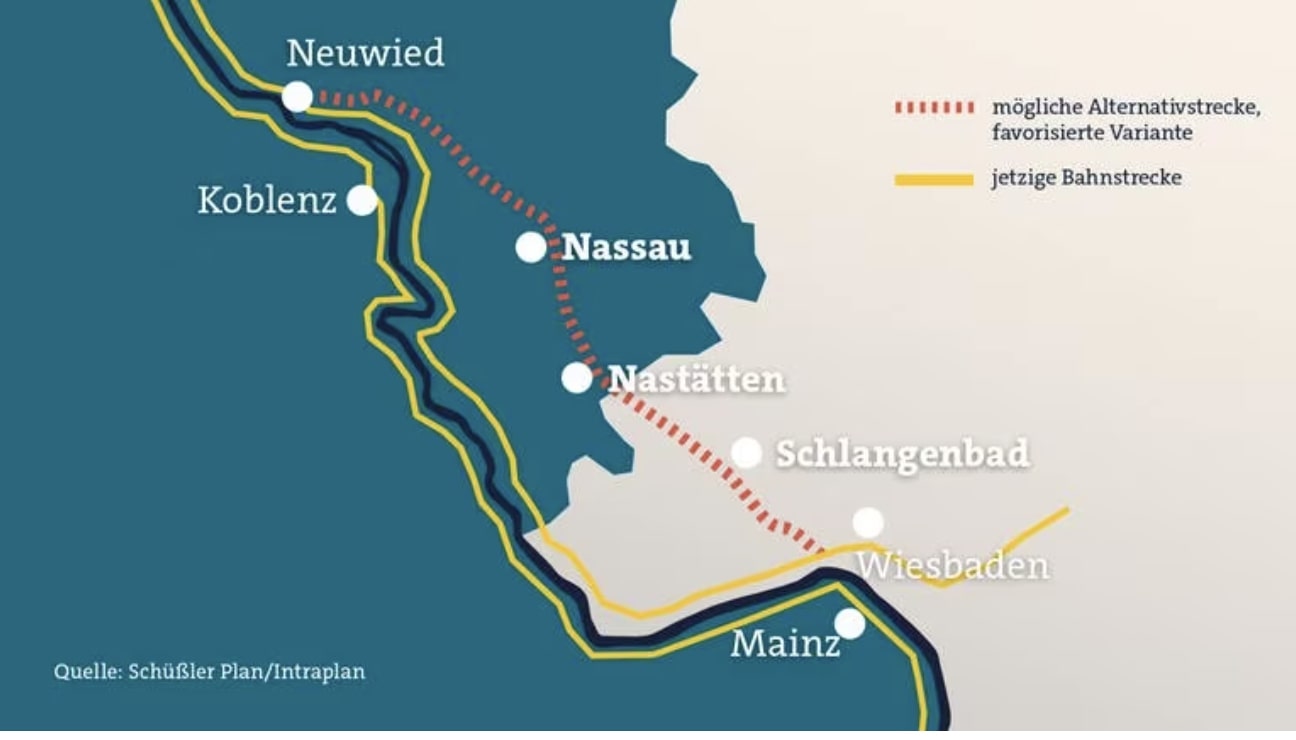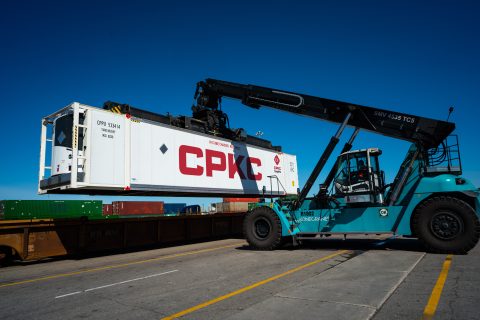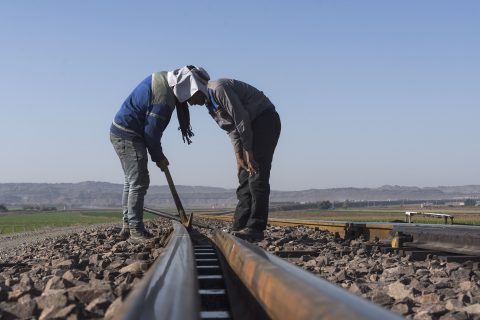Germany proposes Rhine Valley rail alternative, will it follow through?

The German Ministry of Transport (BMDV) presented a study for an alternative route dedicated to freight trains in the Middle Rhine Valley, along the right bank of the Rhine. The project proposes a new route stretching for roughly 150 kilometres from Mainz to Cologne. However, it remains to be seen whether the German government will concretely implement the project since investments will not start until the cost-benefit ratio will be positive.
The study presented by BMDV entails the construction of a new 69-kilometre line from Wiesbaden, just north of Mainz, to Neuwied via Schlagenbad, Nastätten, and Nassau. This would allow the bypassing of the current line and double freight capacity. Moreover, since most of it would be underground, noises made by freight trains would be significantly reduced, to the delight of the citizens of the area, who have been complaining for years.
The study claimed that the project would cost around 7 billion euros, with construction expected to take around 15 years. However, not everyone seems very optimistic about the project. Willi Pusch, one of the leaders of the Burgerinitiative Mittelrheintal, told German broadcaster SWR that construction will likely not start before four or five years and that it is likely to take 20 to 25 years. The Burgerinitiative Mittelrheintal is a citizens’ initiative against the environmental damage, mostly noise pollution, caused by the railway.

Is the German government actually invested in the project?
Despite the publication of the study for the alternative route, the German government does not seem fully committed to the project. The BMDV, according to SWR, will keep investing in the existing infrastructure, rather than the new line, until the cost-benefit ratio for the latter is positive. On the other hand, Pusch and the citizens of the Middle Rhine Valley are pledging for construction to start as soon as possible. This is because rail freight traffic in the area is expected to increase quite significantly in the coming few years and the cost of construction might increase in the future.





